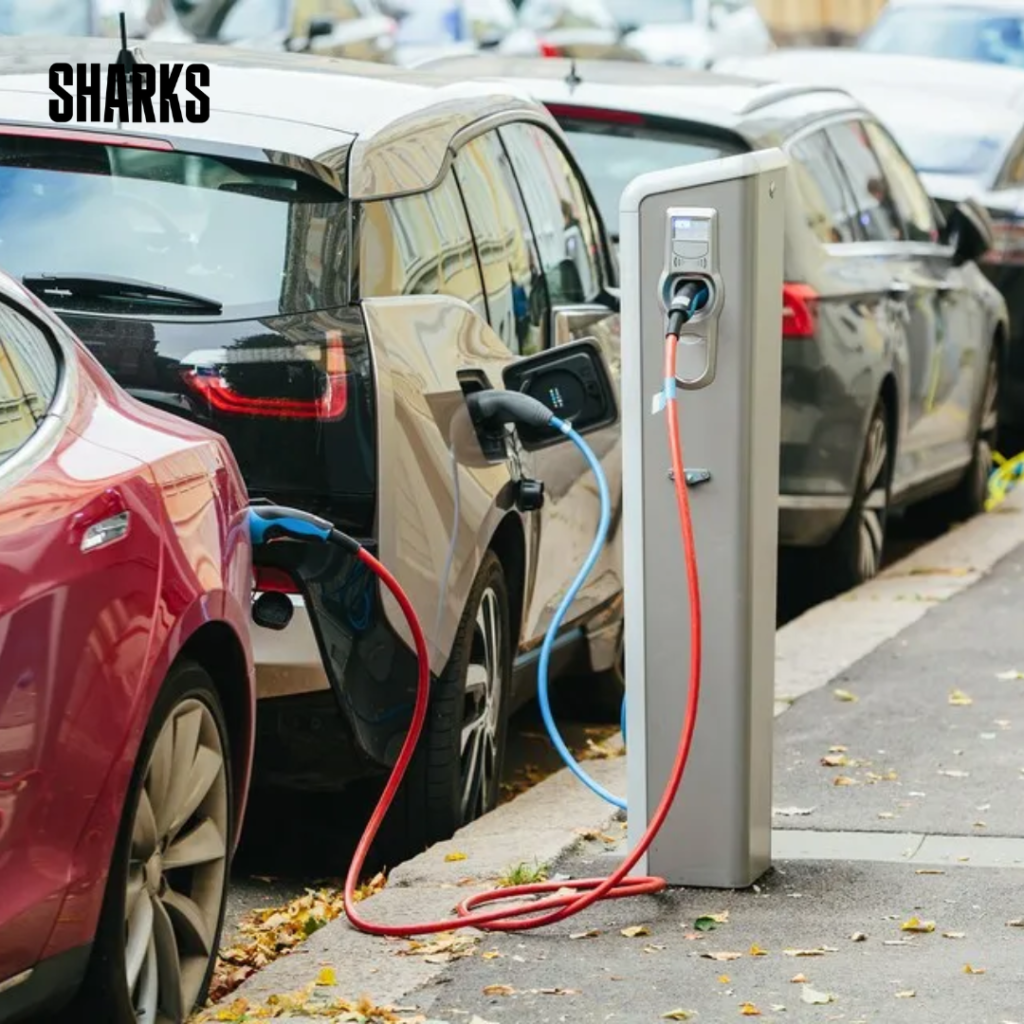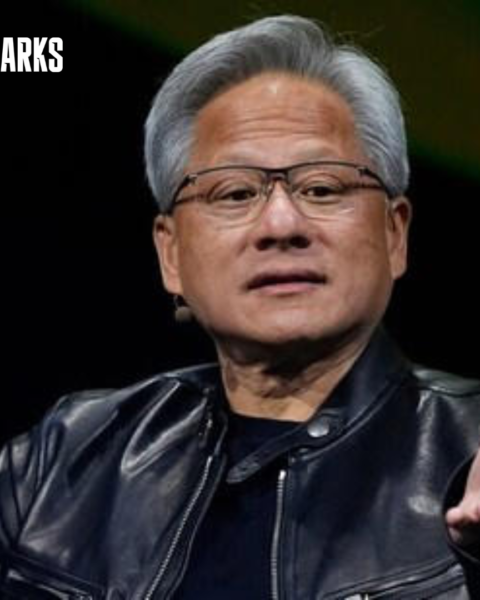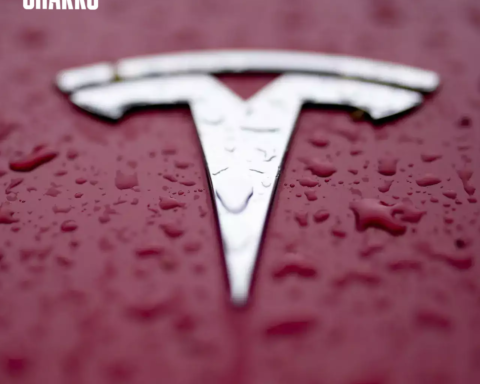Surge in Electric Vehicle Sales in Southeast Asia

According to Counterpoint Research, electric vehicle (EV) sales are rapidly increasing in Southeast Asia, driven primarily by China’s BYD (BYDDF) and Vietnam’s VinFast (VFS).
This growth infringes on the internal combustion engine (ICE) car market, which Japanese and Korean manufacturers have traditionally dominated.
Impressive Growth in EV Sales:
EV sales in Southeast Asia more than doubled in the first quarter of 2023 compared to last year. Conversely, sales of ICE vehicles declined by 7%.
This shift is attributed to the slow adoption of EVs by Japanese and Korean automakers, which has allowed Chinese original equipment manufacturers (OEMs) to capture a significant market share.
The Dominance of Chinese Brands:
Over 70% of EV sales in the region are from Chinese brands, with BYD leading the charge. In the first quarter of last year, 75% of all EVs sold in Southeast Asia were produced by Chinese car manufacturers.
Abhik Mukherjee, an analyst at Counterpoint, highlighted this trend, noting the gap filled by Chinese OEMs in the EV market.
Leading Markets: Thailand and Vietnam:
Thailand, Southeast Asia’s second-largest economy, has become a focal point for EV sales, accounting for 55% of the region’s EV sales in the first quarter. The country’s EV segment grew by 44% year-over-year.
Chinese car manufacturers have invested over $1.44 billion in new EV production facilities in Thailand, reinforcing its position as a regional auto manufacturing hub where Japanese brands like Toyota and Honda have a strong presence.
Share This
Tony Boyce is a seasoned journalist and editor at Sharks Magazine, where his expertise in business and startups journalism shines through his compelling storytelling and in-depth analysis. With 12 years of experience navigating the intricate world of entrepreneurship and business news, Tony has become a trusted voice for readers seeking insights into the latest trends, strategies, and success stories.























